Whether traditional or spiritual, Ethiopian festivals are the most popular festivals worldwide. One of Ethiopia’s most sacred festivals is called the “Timkat Festival” which is translated to baptism. It is a vast spiritual celebration in Ethiopia, specifically for those who follow the orthodox religion, Christianity. This holiday is celebrated in every Orthodox household in the country. However, what the rest of the world is widely exposed to is for Timkat celebration held at Gondar and Addis Ababa (Jan Meda). It is massively celebrated on the tenth of Tir in the Ethiopian calendar, which also is the 19th of January or the 20th on the leap year (Gregorian calendar) every year.
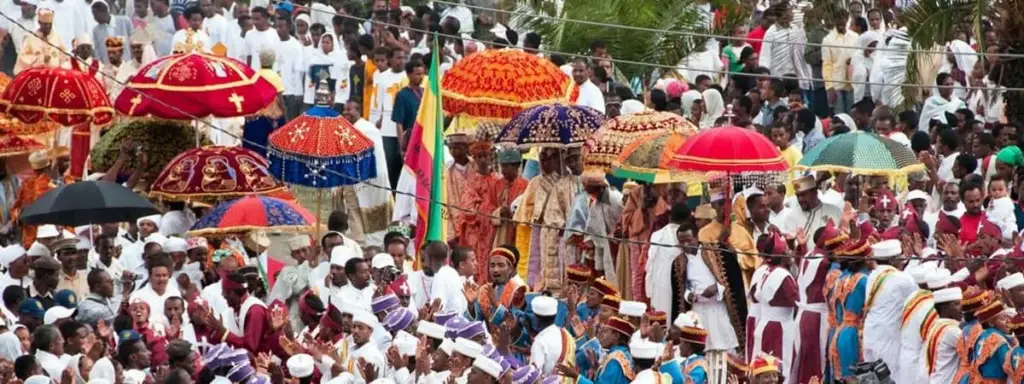
Timkat is not a one-day celebration. “Timkat,” or as the foreigners call it in English, “Epiphany,” has its meaning and reason why it is celebrated this massively. And that is because it is believed that it is on the 6th of January, back in 29 A.D, that Jesus went to John the baptist to get baptized and teach others to be cured and show the way to a cleansed life of eternity on the River Jordan.
The celebration is not a one-day celebration. It takes place in almost every city of the country. It is one of the ceremonies Ethiopians and the entire world look forward to celebrating and traveling every year.
Historical Overview
“Timkat’s” origins can be traced back to ancient times. A precious box coated with gold was held in the most sacred shrine in the Jewish temple in the early days of Judaism. It was known as the Ark of the Covenant, and it was a symbol of the coming Messiah.
Fast forward to the first millennium, when many people recognized Jesus of Nazareth as the long-awaited Messiah. Baptism at the Jordan River signaled the beginning of his earthly mission. Ethiopian Orthodox churches have revered and guarded their replica of the Ark of the Covenant, known as a “Tabot,” ever since. Only during Timkat do all forty-four “Tabots” leave the churches when brought with much ceremony to a neighboring pool or river. At the same time, the Orthodox Christian believers get in the river as a memorial of the baptism of Jesus Christ.
How is Timkat Festival Celebrated?
As mentioned earlier, Timkat does not just take a day to be celebrated; it takes two days with different activities on each of those days. The first day, as the celebrators call it, “Ketera,” is the day the attendees escort the Ark of the covenant, which Ethiopians call “Tabot” (or sometimes named the altar of the Ethiopian Orthodox church) from every church there is to their chosen place of destination. This destination will preferably be close to a water body where they will clap and sing their sacred songs aloud.
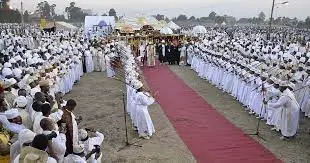
There is a dress code for this event. Most women wear cultural Habesha dresses that start from your neck to your toes with the addition of a cotton scarf on top, either covering your hair or just to be put on your shoulders. These dresses usually are colored white or some part with the green, yellow, and red of the Ethiopian flag. The dress code also applies to the men; they would be wearing the cultural clothes of their ethnicity or just the Habesha clothes in general. However, these dressing styles have gotten liberal since people started wearing western clothes, so it’s okay for anyone to wear whatever they want as long as it complies with the tradition.
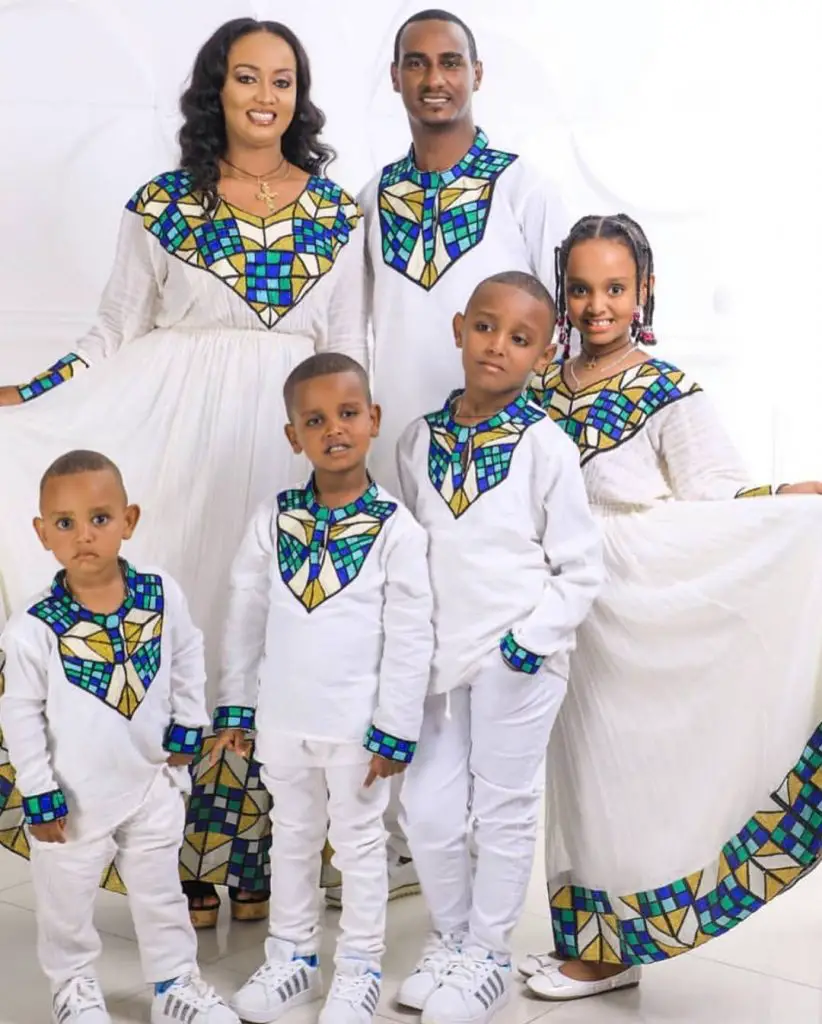
Thousands of tourists visit Ethiopia on this holiday. The tourists for Timkat mostly head to Gondar city as that’s where the most fulfilled ceremony takes place, as there is a vast water body where the people immerse themselves when being baptized. And also because all forty-four Ark of covenants happens to spend the night at the same spot in the same city, Gondar. Of course, each city has forty-four altars, but on Timkat, each Ark of Covenants stays in their own chosen space for the night, not necessarily at the same place as the rest.
Ark of Covenant or “Tabot” is taken from the churches and wrapped in cloth and silk on the first day. The first day is the 18th of January or the 19th of the leap year, when Tabot will be carried by the heads of the most senior priests, with umbrellas on top, of each church on the same first day. Something to not pass without telling is that these old priests and the altar of the churches spend the night over at those destinations the attendees escorted them to. And then comes the second day, the 19th of January or the 20th of the leap year, the main celebration.
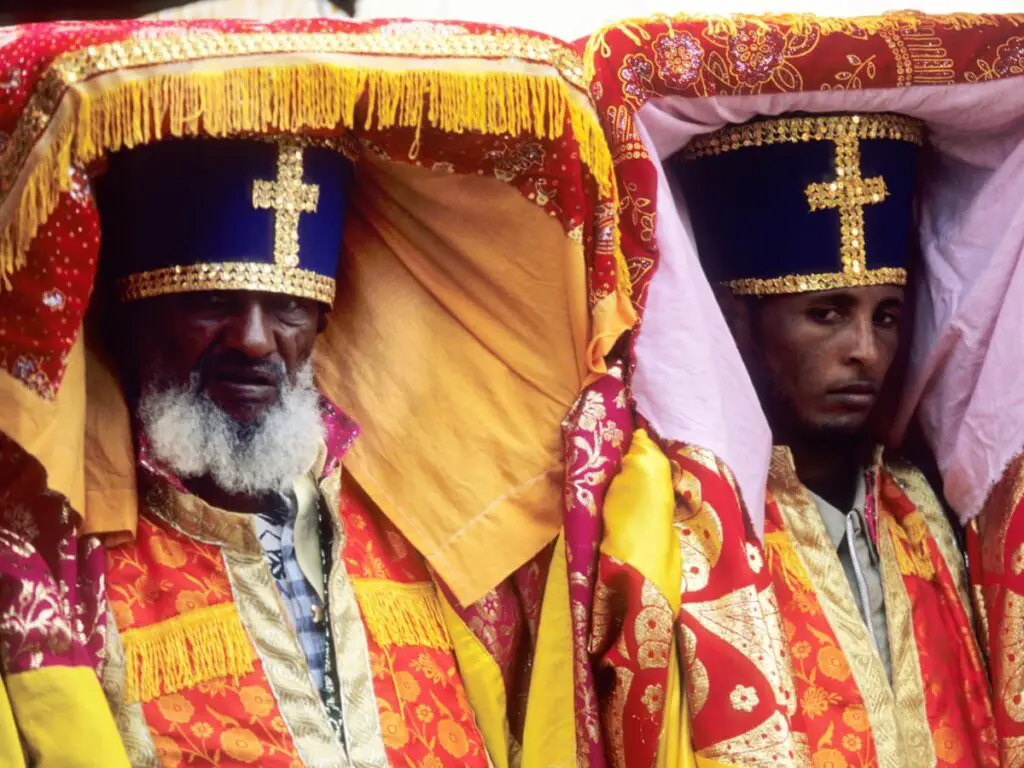
This day is considered unique because it is on this day that the holy water from the water bodies will be sprinkled on all the believers and attendees that are there or in cities like Gondar, believers immerse themselves in the river. And sometimes, when there are no water bodies close to the towns, they pray on the drinking water, bless it, and put it on everyone there. Then the holy water ceremony will be followed by the movement of these Tabots that spent a day and a night out on the destination back to their specific churches they came from. This goes on while the other church leaders, officials, and thousands of people attending the celebration sing holy, thank, and celebrate their God wearing the previously mentioned all-white or cultural clothes they own.
Why Did UNESCO Recognize Timkat Festival?
Ethiopia’s several huge celebrations, including Timkat Festival, are recognized by UNESCO because they are a vast and valuable heritage to Ethiopia and precious to the world. It is worth visiting and attending. So if anyone ever asks why UNESCO gives Timkat recognition, the answer is Ethiopia’s Timkat is considered a tremendous asset to the country itself and the whole world as it is aesthetic and eye-catching to watch. It is also unique because it is only found in Ethiopia, which makes it valuable and helps attain the cultural awareness and relationships between countries that UNESCO holds highly.
Watch a video of the Timkat Celebration at
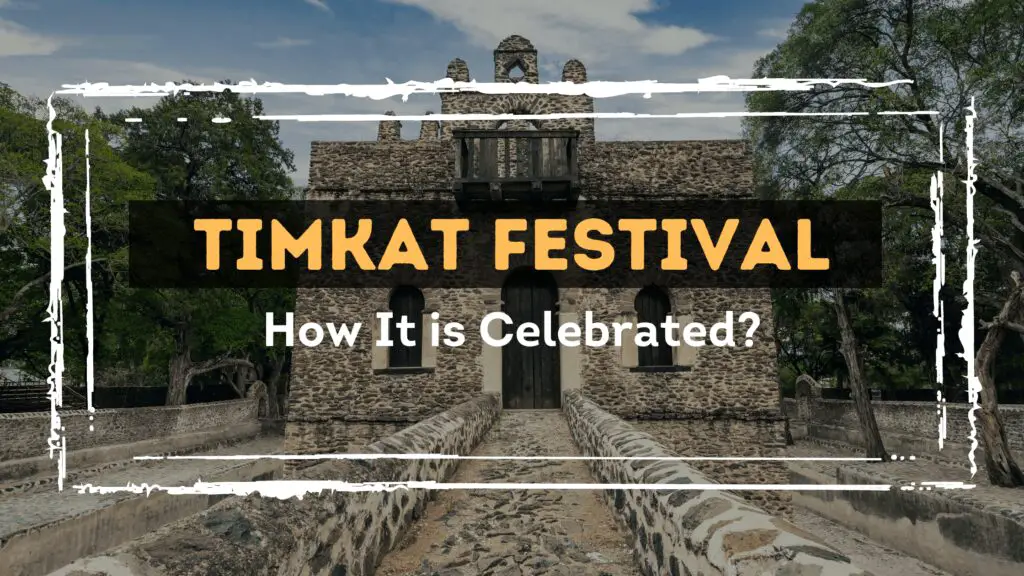
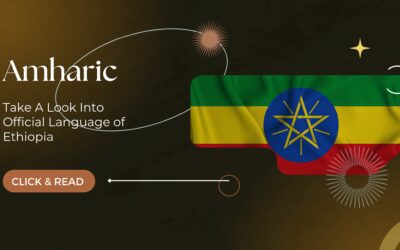


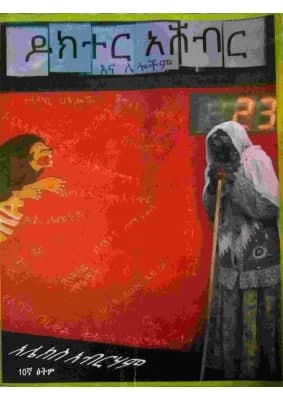
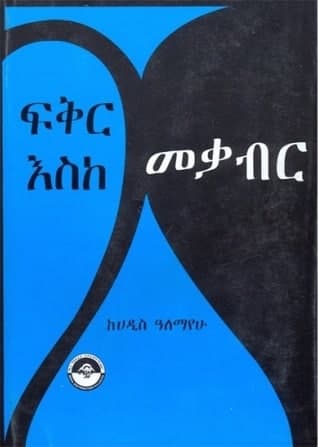
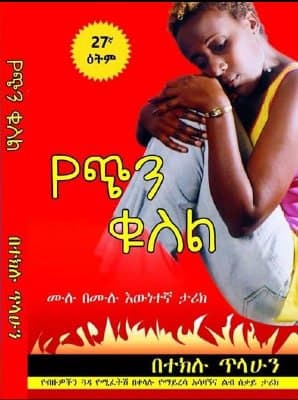
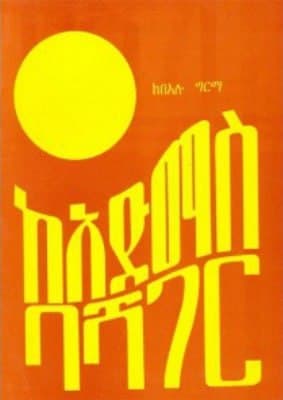
0 Comments